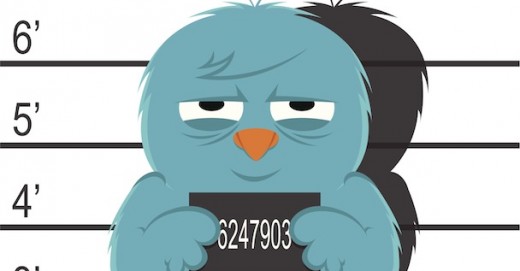Electronic Service of Process: Are You Ready for It?
 Today you would be hard-pressed to find a process that has not been impacted by technology. Below is an excellent article on the status of evolving technology and communication as it relates to the service of process.
Today you would be hard-pressed to find a process that has not been impacted by technology. Below is an excellent article on the status of evolving technology and communication as it relates to the service of process.
The legal profession is not known for being ahead of the curve when it comes to utilizing new technology. In fact, the profession is more known to gravitate toward tradition over innovation. However, sometimes new technological/cultural norms force themselves upon the profession, and the courts are forced to deal with the issues. One of the issues courts are facing more and more is the issue of service of process via email or social media. While the cases below, one that permits service via email and social media and one that does not, are from outside of Pennsylvania, they illustrate an issue that will face all litigators in the near future; the tension created by trying to reconcile constitutional concerns pertaining to service of process and evolving technology/communication.
See, Electronic Service of Process Are You Ready for It | The Legal Intelligencer.
ABA Says It Is Okay To Internet Stalk Jurors
Lawyers who want to pick through troves of public information that jurors or potential jurors put on the Internet about themselves may do so, but they may not communicate directly with the jurors, such as asking to “friend” them on Facebook, according to a formal ethics opinion issued by the ABA Standing Committee on Ethics and Professionalism.
Formal opinions are based on the ABA’s Model Rules of Professional Conduct, which have been adopted by all states except California. The rules are not binding but serve as models that can be adopted or modified. Formal Opinion 466 addresses three situations concerning lawyer review of the Internet footprints of jurors or potential jurors.
• Looking at information available to everyone on a juror’s social media accounts or website when the juror doesn’t know it’s being done. The opinion says the “mere act of observing” is not improper ex parte conduct, much as driving down a juror’s street to get a sense of his or her environs isn’t.
• Asking a juror for access to the his or her social media. The opinion says that is improper, much like stopping the car to ask the juror’s permission to look inside the juror’s house for a better view.
• When a juror finds out, through a notification feature of the social media platform or website, that the lawyer reviewed publicly available information. The formal opinion says the social media provider, not the lawyer, is communicating with the juror, the same as if a neighbor saw the lawyer’s car pass by and told the juror.
See, Lawyers can look up jurors on social media but can’t connect with them and FYI – The ABA Says It Is Okay To Facestalk Jurors


